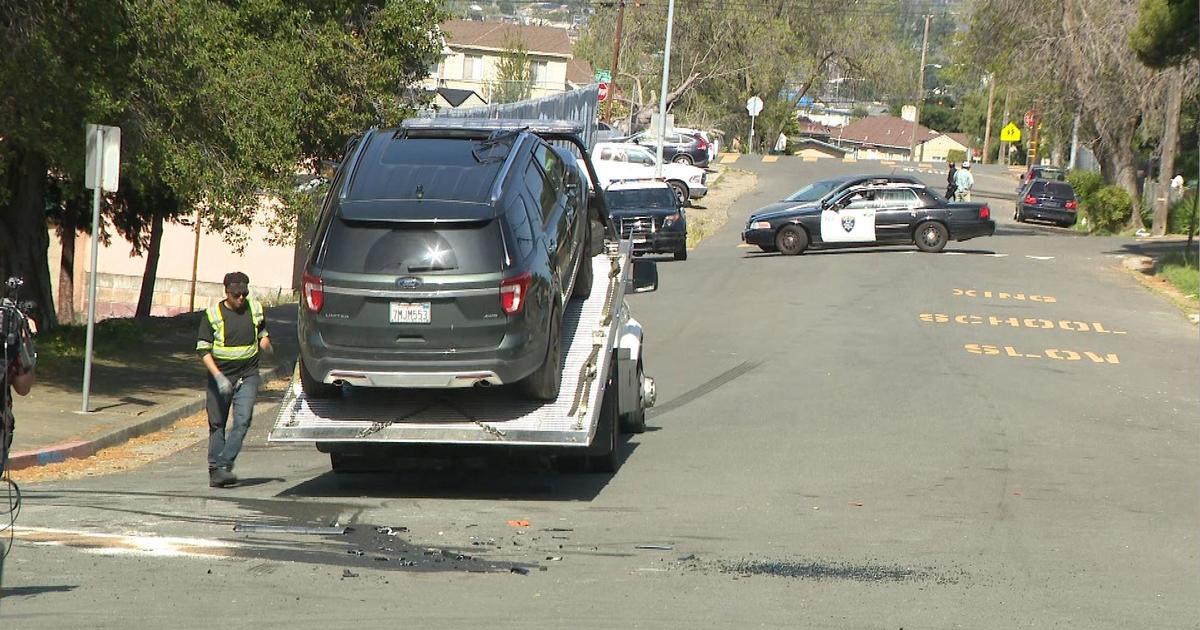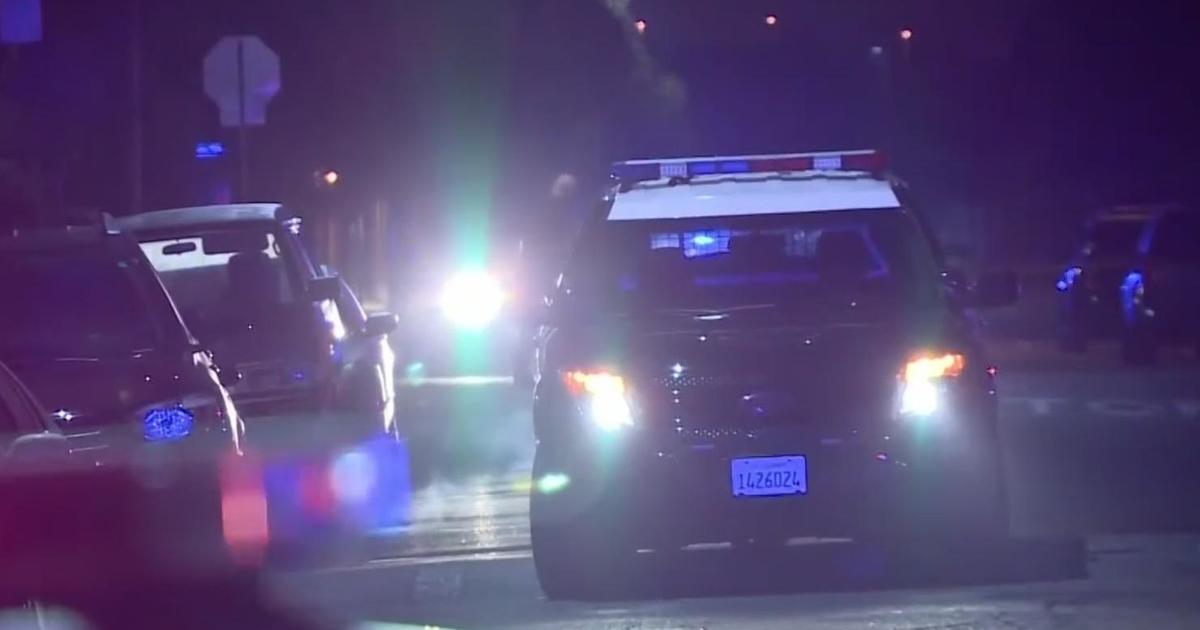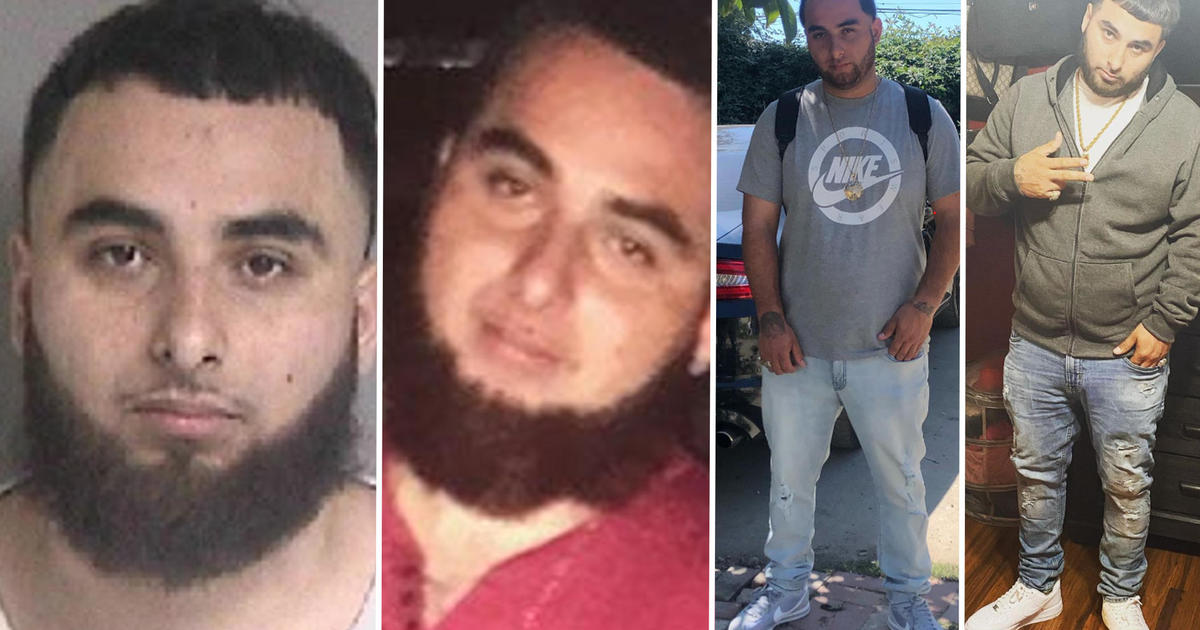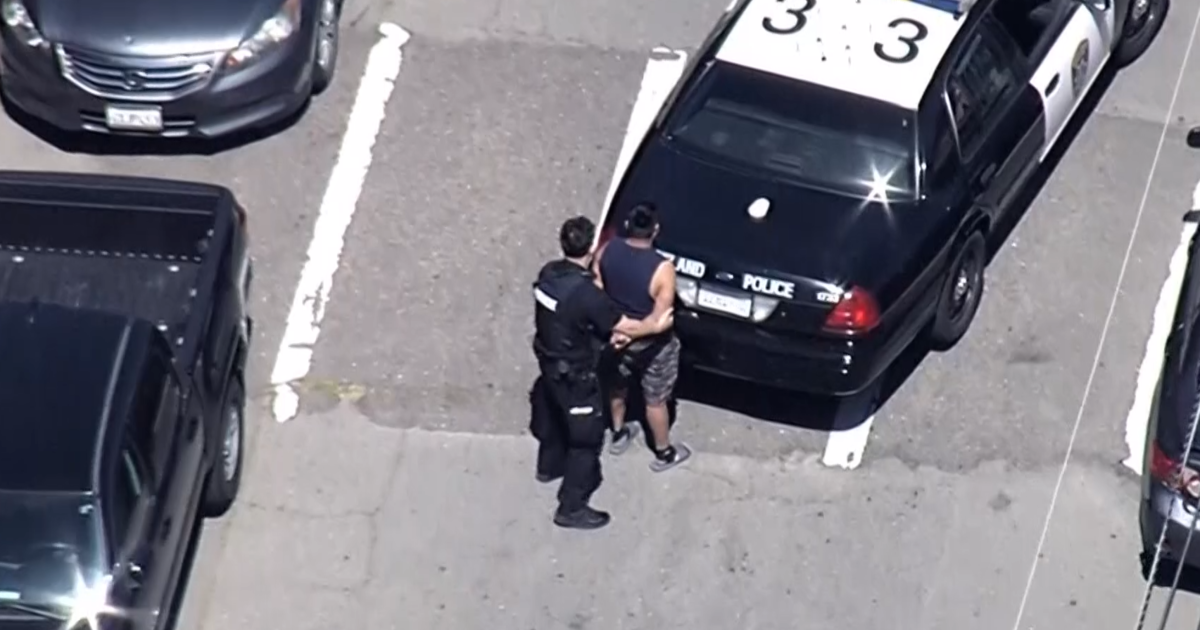Oakland residents split on plan to deploy CHP officers to reduce violent crime
While Governor Gavin Newsom is deploying CHP officers to help address violent crime in Oakland after a string of high-profile carjackings and other armed robberies, some residents are not convinced that more law enforcement will make any difference.
Concerns over rising crime rates in Oakland have been echoed by residents like Bishop Bob Jackson of Acts Full Gospel Church, who witnesses daily incidents that underscore the city's public safety challenges.
On Thursday, Bishop Bob Jackson celebrated the news that the California Highway Patrol will be providing more officers in Oakland to address the surge in violent crime.
"What I hear from people is that the community is not safe; it's not safe to live in Oakland anymore. People are now sorry that they paid all this money for these houses, because public safety has to be number one. So I'm thankful now the focus is beginning to swing on public safety," Bishop Jackson said.
Jackson acknowledges the existing issues but stresses the urgent need for immediate public safety measures.
"We pay big taxes in the city of Oakland; more than the five cities in Alameda County. But it seems like we get less service when it comes to public safety. They got a lot of programs they say, but when you have a 75-year-old woman living in the Oakland Hills and experiencing a home invasion, and she's two doors from a city council person... it's unbelievable," he exclaimed.
The plan, which was initiated in a deal struck between then Mayor Sheng Thao and Governor Gavin Newsom, involves sending at least six CHP officers and a sergeant to Oakland.
The additional officers are expected to assist with curbing vehicle theft, controlling sideshows, addressing highway violence and targeting organized crime.
Dana Olson, the owner of jewelry and apothecary shop Good Neighbor in Oakland, has been taking extensive measures every night to keep her business safe from burglaries.
"Hopefully, it's a deterrent to my windows getting smashed, which I have to pay for. And it's expensive. Just making it a little bit harder to get the merchandise stolen," said Olson.
She is just one of the many business owners in Oakland who have been severely affected by the city's increasing crime rate. Good Neighbor has already been broken into twice, leaving Olson concerned about the possibility of future break-ins.
"I think there's a general feeling of not if I would be burglarized again, but when. As a result, I paid to have these security gates put in, I've put in additional cameras, and I'm continuing to do what I can to secure my business as best as I can," she explained.
The announcement of the latest CHP officer deployment in the city to fight against crime has sparked questions for Olson.
"In theory, it's a good idea. More presence is helpful. However, I think what we've been trying to address is that we need the police to be working within our communities. We want police officers who live in Oakland to work in Oakland, because we want to see businesses, police, and officials working together," she said.
While some welcome the assistance from the CHP, not everyone shares the same optimism. Cat Brooks, founder of the Anti Police-Terror Project, raised concerns about the effectiveness of this approach.
She pointed out that former Oakland Mayor Libby Schaaf had previously enlisted the CHP's support three times during her two terms. Despite that, violent crime rates remained high during those periods. Brooks views the latest deployment as a mere reaction to public concerns rather than an effective solution to the underlying issues.
According to Brooks, the true problem lies in addressing the economic pandemic that has emerged, leading to housing insecurity, homelessness, food insecurity, and unemployment.
While acknowledging the need for safety measures, she warned that an influx of more officers could adversely impact black and brown communities, citing concerns about the CHP's history of documented abuses against vulnerable populations.
Brooks emphasized that the focus should be on tackling the root causes of crime and investing in community-based solutions that prioritize the well-being of all residents, regardless of their backgrounds.
As the CHP officers prepare to assist in combating crime in Oakland, the city faces a critical moment to strike a balance between enhancing public safety and ensuring that law enforcement actions do not disproportionately impact marginalized communities.
"There's a rating for for levels of violence of law enforcement and CHP is in the top 7. We're talking about an agency that is consistently in the news for abuses against the community," Brooks added.
Oakland isn't the only Bay Area city receiving help from the CHP. At the beginning of May, Governor Newsom announced he was deploying CHP officers and the California National Guard to respond to the fentanyl crisis in San Francisco's Tenderloin District.



